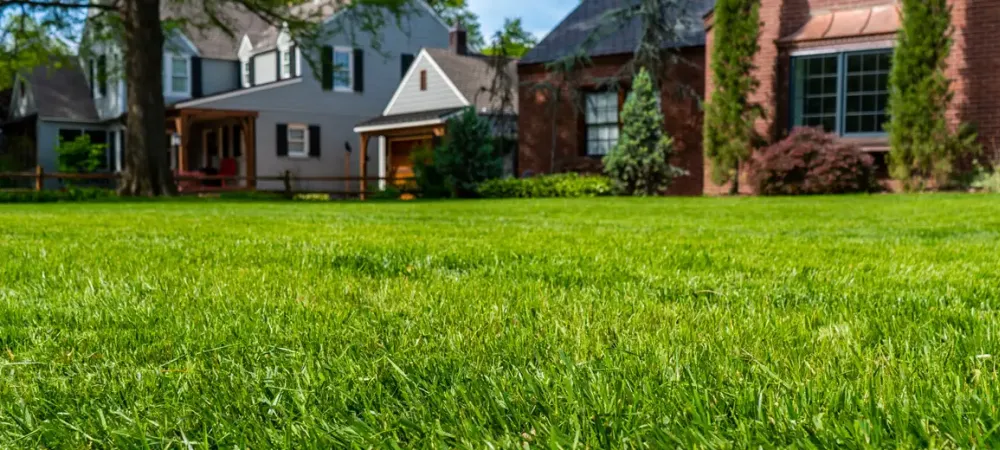Weeds that Look Like Grass in Georgia

Keeping your Georgia lawn vibrant and green is an ongoing battle. But what if the enemy looks just like your prized turfgrass? Many grass-like weeds cleverly mimic the appearance of your lawn, stealing vital resources and ruining your pristine landscape. Read more to see the most common types of grass-like weeds in Georgia and how to spot the differences.
Grass-like Weeds in Georgia
Georgia lawns are susceptible to several grassy weeds. Here are a few of the most common culprits:
- Crabgrass: This notorious summer annual thrives in warm weather. It forms low-growing clumps with reddish-green blades that can easily be mistaken for your desired turfgrass.
- Annual Bluegrass (Poa Annua): This cool-season weed prefers moist areas and is lighter green than most turfgrasses. Look for the telltale long membrane where the leaf meets the stem.
- Nutsedge (Nutgrass): This persistent perennial weed is not a true grass but a sedge. It has triangular stems and waxy leaves and forms dense clumps that crowd out your actual lawn.

How to Tell The Difference
These common weeds in Georgia may look similar to your grass, but there are ways to identify them:
- Leaf Texture: Real grass blades feel smooth, while grass-like weeds often have a rougher texture.
- Leaf Growth Pattern: Most turfgrasses grow in a uniform pattern, whereas grassy weeds may have uneven or clumped growth.
- Leaf Color: While some grasses can have slight color variations, grass-like weeds often have a distinctly different green shade, sometimes with reddish or yellowish hues.
- Seedheads: Once mature, grassy weeds will produce flowers or seedheads that reveal their true identity.
How to Get Rid of Weeds that Look Like Grass
For young weeds, the classic approach of hand-pulling can be effective. Remember to remove the entire root system to prevent regrowth. For larger patches, boiling water can be a natural alternative herbicide. However, be very careful when using boiling water, as it can damage nearby desirable plants. Another option is a vinegar solution (1 part vinegar to 2 parts water) with a few drops of dish soap. Apply this solution directly to the leaves of the grassy weeds, but be aware – vinegar can also kill surrounding vegetation and isn't ideal for large areas.
Call the Professionals at GOLawn
While DIY methods can offer temporary relief, for long-term control and complete eradication of grassy weeds, professional weed control is the best solution. Here at GOLawn, we use powerful herbicides that are tough on weeds, but safe for your surrounding vegetation. For a guaranteed weed-free lawn and peace of mind, call GOLawn today!
